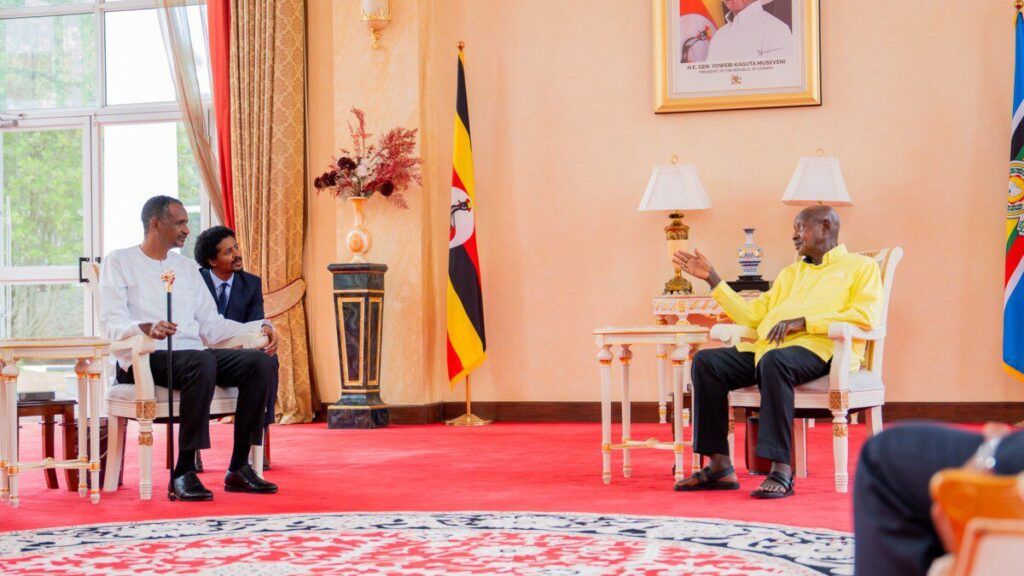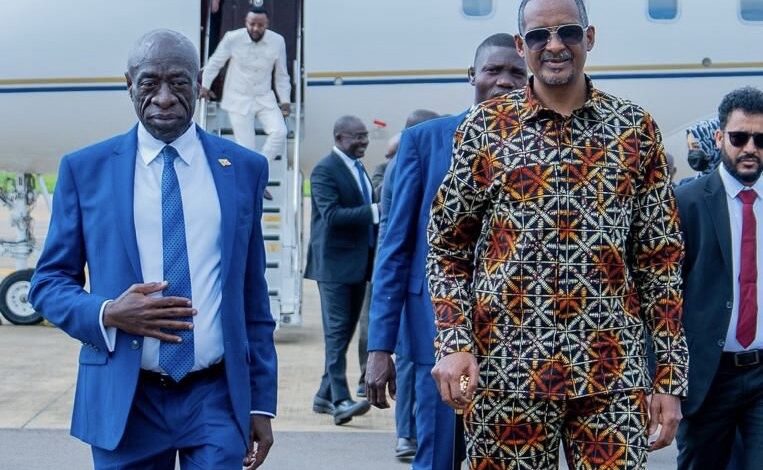
South Sudan’s fragile peace unravelled further Monday as opposition leaders called for armed mobilisation after their leader was charged with treason. Riek Machar, the long-time rival of President Salva Kiir, was stripped of his vice-presidential post and confined under house arrest.
Authorities accuse him of ordering an ethnic militia attack in March on a military base, killing more than 250 soldiers. Machar’s faction denied the charges, branding them as politically motivated and part of Kiir’s strategy to silence rivals and consolidate power.
“The current regime is dictatorship, peace spoilers and state capture holding power illegally and by violence,” the party declared defiantly online. The statement urged supporters to report for National Service, vowing to “effect regime change” and defend the nation’s citizens.
South Sudan, born in 2011 after secession from Sudan, quickly descended into civil war, claiming 400,000 lives in the last decade. A peace deal signed in 2018 ended major fighting, but unity efforts faltered as elections set for 2024 were postponed until 2026.
Analyst Daniel Akech of the International Crisis Group dismissed the mobilisation call as symbolic but warned it sent a global “red warning.” He stressed Machar’s faction lacked the capacity to topple the government, though political tension could still ignite dangerous instability.
The March attack was attributed to the White Army, a loose Nuer militia, though opposition officials reject responsibility for the killings. Opposition spokesman Pal Mai Deng accused the government of “waging war” and staging a “kangaroo court” against Machar to destroy peace.
The United Nations urged both sides to resolve disputes peacefully, reduce violence and recommit to the fragile power-sharing deal. As accusations harden and promises of mobilisation spread, South Sudan again teeters on the edge of war’s dark return.




